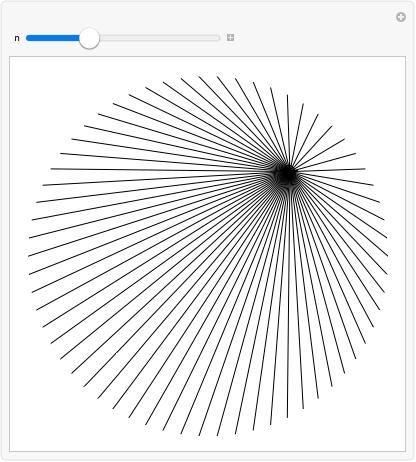

The user can alter the principle of numeracy, the study of quantity, structure, space, and change, and the distance between two destinations. It should take all its input via argument calls, and return its result by its evaluated value. The ability to manipulate and alter the laws and foundations of mathematics, by abstract or applied means. In your case, "f" get one of its input, the "x" via parameter, but the other variable "a" is somewhere else.Ī function should be all self contained.

A true function is one that takes all its input via parameters. The function "f" is not a true function either. There is no reason to have shared global variables all over the place. You can, if you want, get that external input from inside Manipulate.
Mathematica manipulate update#
It does not matter if it when evaluates then "a" will appear, becuase the expression will not evaluate in the first place since Manipulate has no reason to evaluate it, since there is nothing to track and update in the first place ! during the initial parsing phase of the Manipulate body). Again, the slider symbol (the symbols that the expression depends on) has to appear literally in the expression (i.e. Manipulate // Evaluate, ]īut that is why it does not work.


Another application of this is to forcefully apply mathematical operations to reality, for example building the sum of two things making them fuse together. For example by changing the laws so that 1+1=3, it could be made so that if one apple is taken and another one put to it, the resulting amount of apples is three apples. Operation Manipulation: By changing the way mathematical operations work real phenomena described through them may have different results.By manipulating the subject itself the results of measuring the quantity of something can be changed, effectively making it so that there is more of something or less. Quantity Manipulation: The study of how much there is of something usually is viewed as subject of mathematics.Through the change of what those equations mean or change of the equations themselves the described phenomena would have to change accordingly, assuming that the description of them stays true even if changed or in other words if the equations aren't just changed on paper, but in reality. Physics Manipulation: Most laws of physics are described by mathematical equations.Applied manipulation of mathematics: The ability to manipulate real phenomenons by changing the mathematical rules through which they are described.This means that things like the way reasoning is performed, the mathematical notation, inference rules and which assumptions and models are used when doing math can be changed, but the phenomenons of reality described through the math are unaffected. Abstract manipulation of mathematics: The ability to manipulate mathematics in its abstract form.


 0 kommentar(er)
0 kommentar(er)
